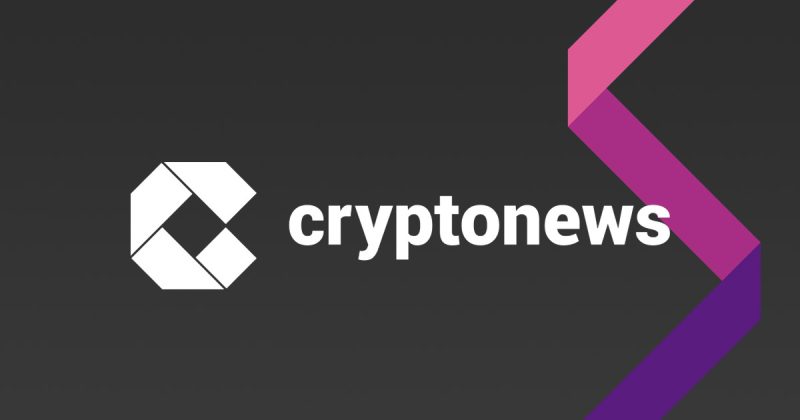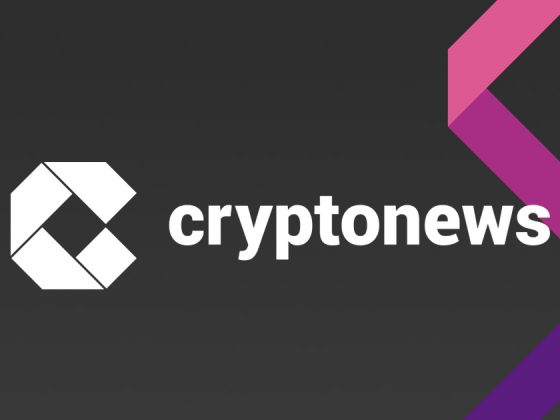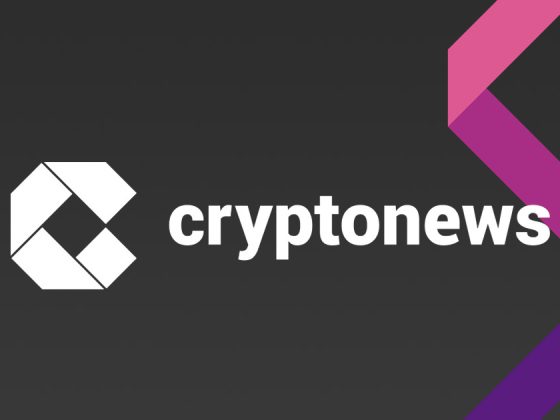Crypto lender BlockFi has reached a significant milestone in its recovery from the FTX collapse. The company has successfully concluded a settlement that will fully compensate its creditors.
The complex legal battle between BlockFi and FTX, marked by numerous counterclaims, has finally been resolved. By selling its claims against FTX at a premium, BlockFi has secured substantial funds to distribute to its customers, bringing a sense of closure to the prolonged dispute.
According to Ken Aulet, an attorney representing the plan administrator, in his interview with Cryptonews.com, this settlement represents a significant step forward in the bankruptcy proceedings. Creditors will receive their funds through in-kind distributions through Coinbase accounts for supported cryptocurrencies, while others will accept cash payments.
BlockFi Settled Majority of Customer’s Claims; Countdown to Payouts Begins
In November 2022, BlockFi was severely impacted by the financial turmoil surrounding FTX, a leading cryptocurrency exchange that collapsed in the same month. The collapse of FTX, a significant partner of BlockFi, led to a chain reaction that ultimately forced BlockFi and many other crypto exchanges and projects to file for bankruptcy.
After several legal operations, BlockFi is now undergoing liquidation, and the company will not operate in the future, as Aulet noted. Liquidation involves the sale of all assets and the distribution of the proceeds to creditors. However, the remaining legacy systems will be maintained temporarily to support the liquidation and distribution process.
The relationship between BlockFi and FTX became increasingly convoluted, involving a series of claims and counterclaims that needed to be resolved.
In May 2024, BlockFi shut down its web platform and announced plans to initiate temporary crypto distributions via Coinbase in July.
Despite its challenges, BlockFi allowed its Wallet customers to withdraw funds in October 2023, providing some relief amid the ongoing bankruptcy proceedings.
Fast forward to July 25, 2024, BlockFi announced the completion of the sale of its FTX claims, marking a crucial step towards its wind-down. The recent settlement represents a critical milestone in BlockFi’s bankruptcy proceedings. BlockFi monetized its claims against FTX through a transaction with a third-party claims purchaser as part of the settlement.
Ken Aulet, attorney at Brown Rudnick, clarified,
“The Plan Administrator previously, in March, settled its claims against FTX and FTX’s claims against BlockFi. This transaction was a sale of those allowed claims to a third party, at a substantial premium over the face value of the claims.”
Due to the success in sorting out the settlement, BlockFi customers are set to receive 100% of the dollar value of their claims.
Aulet noted:
“BlockFi customers will receive 100% of the dollar value of their claims. Unfortunately, due to price appreciation in BTC and ETH, customers that originally deposited those assets will lose out on the gains.”
Distributions will be made ‘in-kind’ through matching Coinbase accounts for customer claims involving BTC, ETH, and supported stablecoins. This means that customers will receive the equivalent value of their original deposits in the form of the same cryptocurrency or stablecoin, rather than in cash.
Also, non-customer claims and those without matching Coinbase accounts will receive distributions in cash.
However, due to the appreciation in the value of BTC and ETH since the filing date, customers receiving in-kind distributions will receive less cryptocurrency than initially deposited.
Providing a clear timeframe for creditors anticipating their final payouts, Aulet assured that distributions are expected to commence soon.
“We anticipate beginning the distributions shortly after August 23, 2024.”
BlockFi Bankruptcy: A Blueprint for Future Crypto Rescues
Talking about how BlockFi’s settlement process will affect other crypto bankruptcy situations, Aulet noted that the settlement sets a notable precedent for future cryptocurrency bankruptcies, though each case remains unique.
When asked about the primary challenges faced during BlockFi’s bankruptcy proceedings, Aulet pointed out that the most pressing issue was addressing the gap between what BlockFi had and what it owed its customers. Beyond this, he noted the difficulty of keeping customers informed without overwhelming them with complex legal and financial details.
“Filling the gap between BlockFi’s assets and its obligations was a monumental challenge,” Aulet explained.
“But equally challenging was maintaining clear and effective communication with customers throughout the process.”
Aulet also shared valuable lessons from BlockFi’s experience that could benefit other companies navigating similar situations. He stressed that while BlockFi’s liquidation offers limited guidance to companies still in operation, it underscores the importance of creative thinking in bankruptcy proceedings.
“The key takeaway is the importance of creative thinking in bankruptcy proceedings to obtain and deliver value to the victims of that bankruptcy,” Aulet noted.
“The unique circumstances that made this claims sale the path forward for BlockFi may not occur again, but it highlights the value of focusing on what matters to customers and exploring unorthodox methods to deliver that value rather than simply following the ‘standard playbook.’”
Despite the challenges and the positive outcome of BlockFi’s settlement, Aulet acknowledged that the lengthy resolution process and the damage caused by multiple crypto company collapses in 2022 have left a lasting impact on market confidence. He reiterated the need for the cryptocurrency industry to rebuild trust and demonstrate that such a series of bankruptcies will not happen again.
As the final stages of BlockFi’s liquidation unfold, the industry will be closely watching how this case influences future bankruptcy proceedings and the broader regulatory landscape for crypto companies.
The post BlockFi FTX Settlement Major Step in Bankruptcy Proceedings; Creditors to Receive Funds by August appeared first on Cryptonews.


